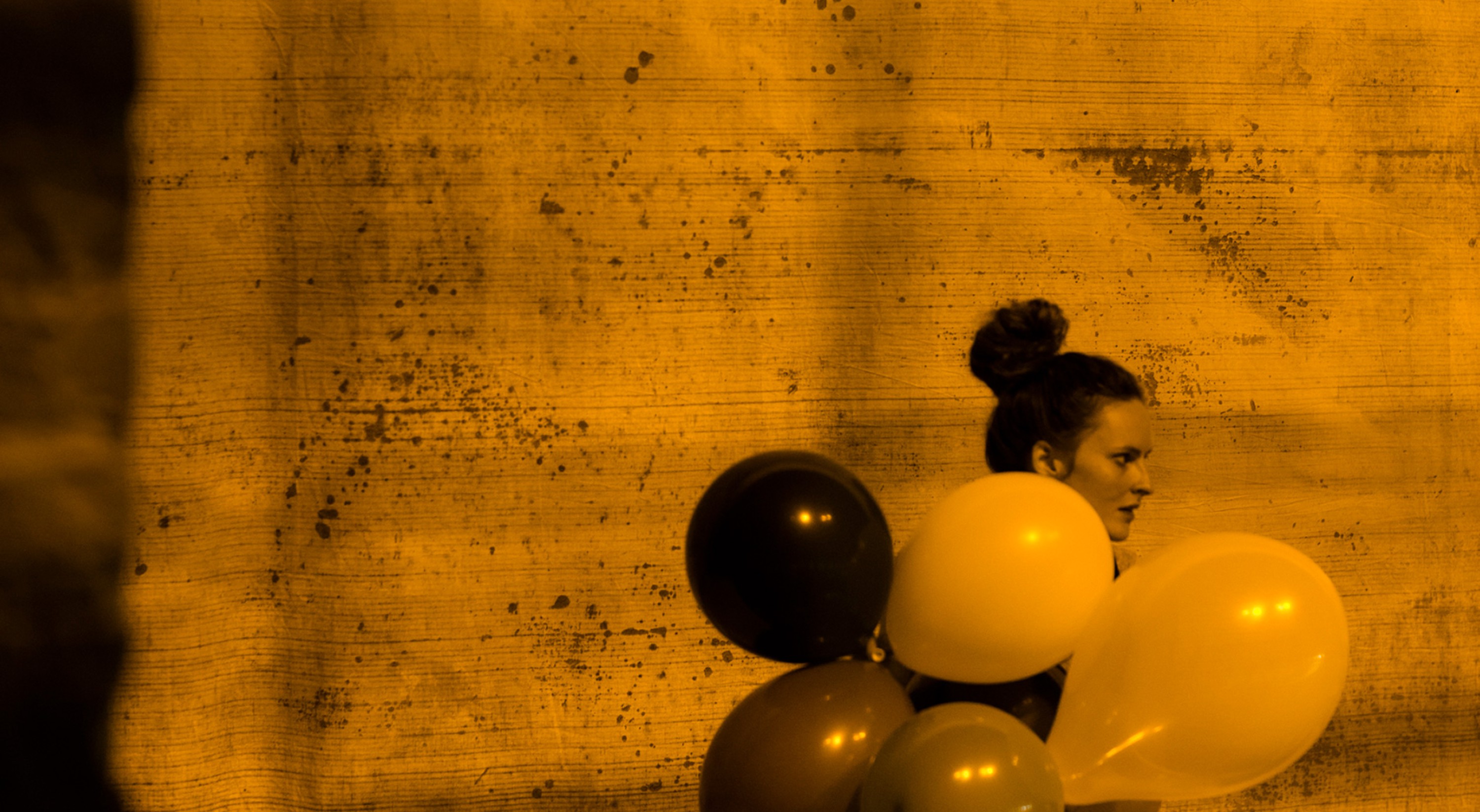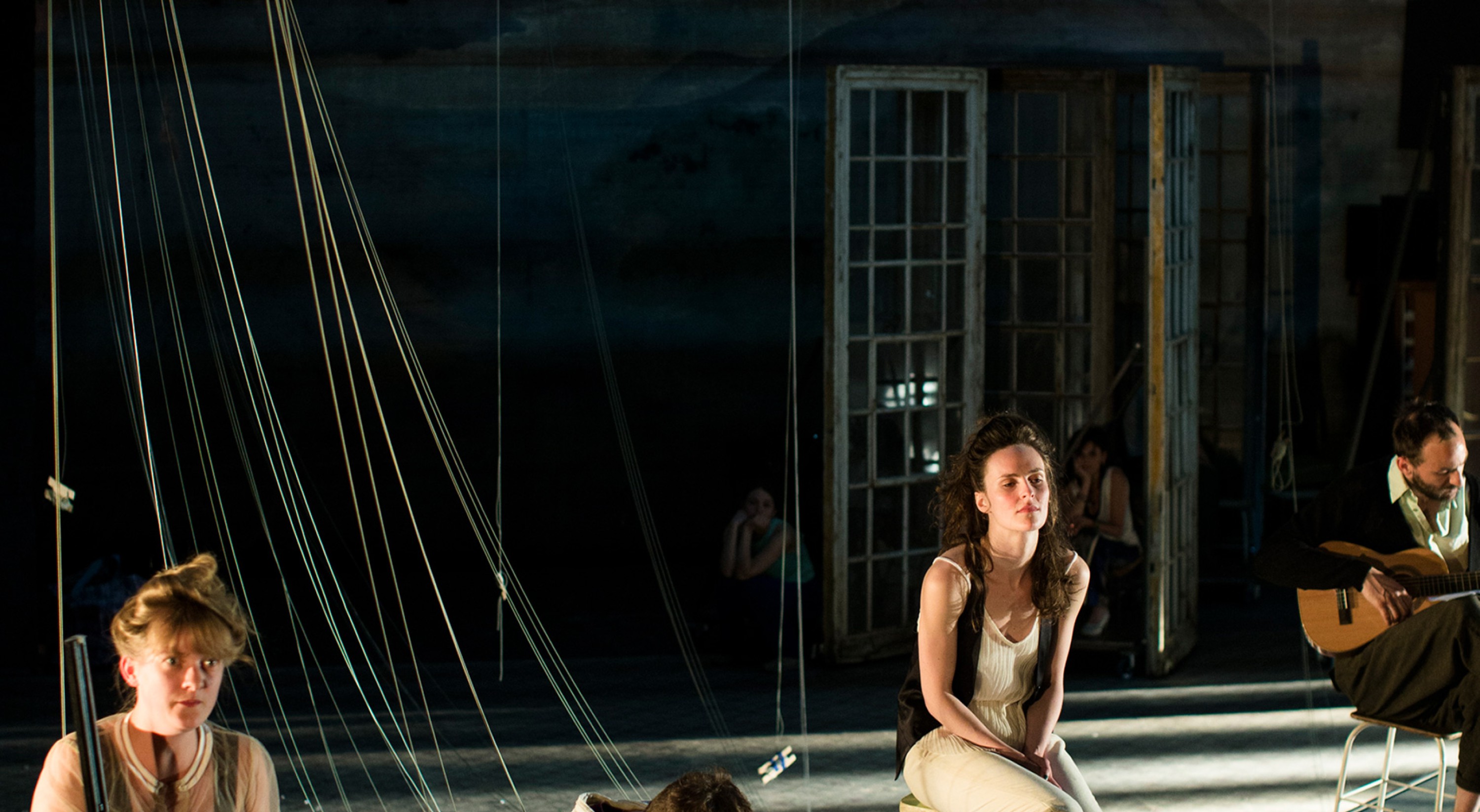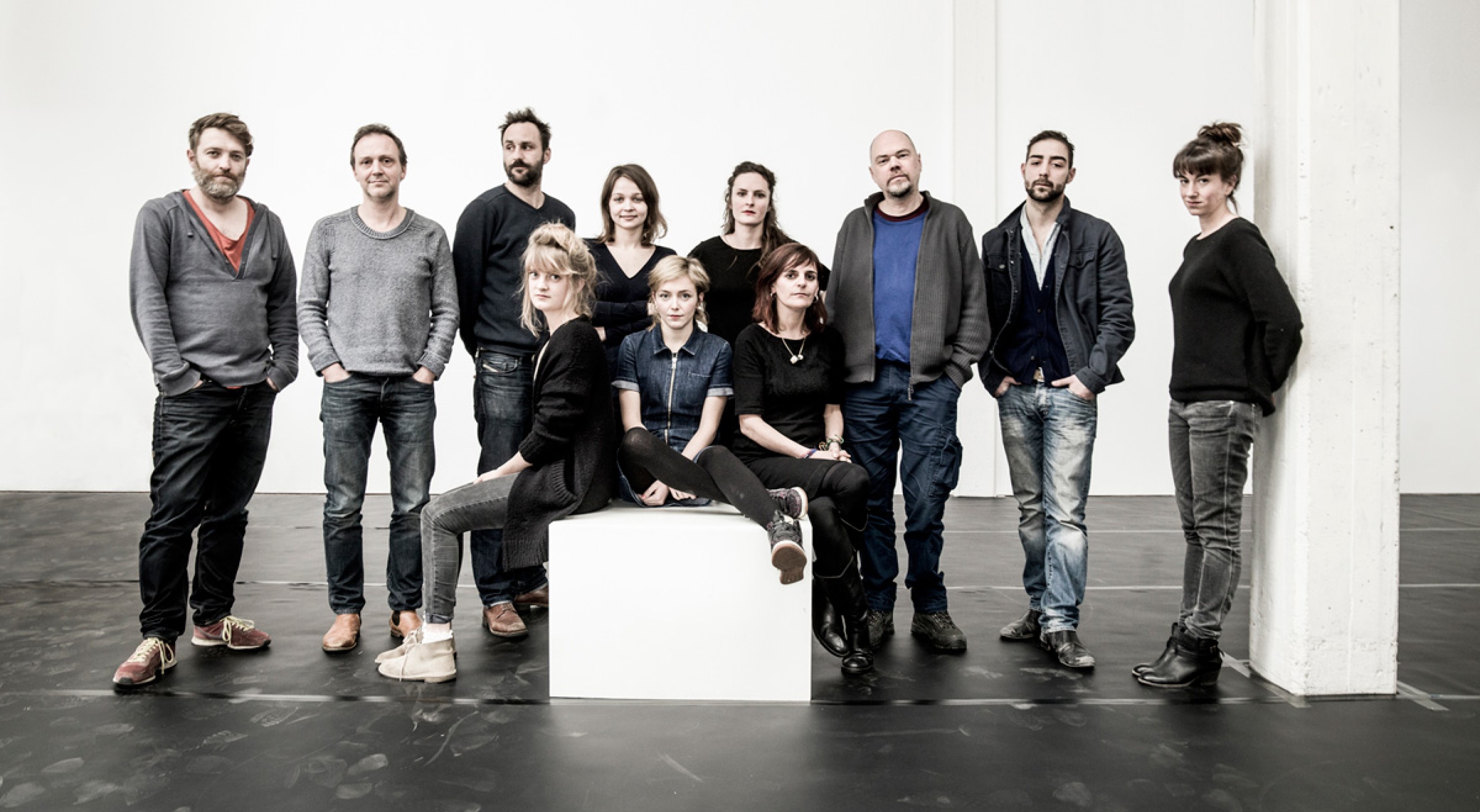tg STAN
La Cerisaie
d’Anton Tchekhov
decemberdec 2 – 20
Written and performed by Evelien Bosmans, Evgenia Brendes, Robby Cleiren, Jolente De Keersmaeker, Lukas De Wolf, Bert Haelvoet, Minke Kruyver, Scarlet Tummers, Rosa Van Leeuwen, Stijn Van Opstal, Frank Vercruyssen
Lighting design, Thomas Walgrave
Stage design, tg STAN
Costume design, An d’Huys
A Kunstenfestivaldesarts (Brussels) coproduction ; Festival d’Automne à Paris ; La Colline – théâtre national ; Théâtre National de Bordeaux en Aquitaine ; Le Bateau Feu (Dunkerque) ; théâtre Garonne – Scène européenne (Toulouse) ; Le Théâtre de Nîmes ; NXTSTP with support from the EU cultural programme ; tg STAN
In partnership with La Colline – théâtre national ; Festival d’Automne à Paris
With support from ONDA // First performance in French on 24 September 2015 at théâtre Garonne – Scène européenne (Toulouse)
In association with France Culture
For the last 111 years, The Cherry Orchard has drawn and fascinated artists and theatre lovers alike. The last play before his death, this piece by Chekhov is considered by many to be his most mysterious, and ambiguous. From the outset, the intrigue is resolved: the cherry orchard is to be sold off.
What happens on stage, then, between the return to the estate by its owner, Lyubov Andreievna, and the ending?
Faced with the loss of the estate, the characters seem to hesitate between opportunism, resignation and nostalgia. The Cherry Orchard describes both the decline of an indolent aristocracy and the victory of unbridled capitalism. In order to increase the market value of the estate, it devours everything in its path right up to the cherry orchard. Despite a setting conducive to social critique and melancholy, Chekhov remained adamant that the play was a comedy. He even lost his temper with Stanislavski for taking it too much in the direction of a tragedy. Going beyond the question of the different registers, tg STAN make The Cherry Orchard a play for today’s audiences. In it, instrumental reason and logic poses a threat to the seemingly useless and to beauty, and language struggles to fill the vacuum, when it is not empty itself. In their customary way, the Belgian actors make no attempt to reconstitute the play’s historical setting, and provide us instead with a collective, much mulled over, vision, addressed to us in a very direct way each evening.
Fifteen years after staging Platonov, they find themselves in the company of five actors recently graduated from theatre school - reflecting the vertiginous shift between two eras, two value systems and two generations that are at work in The Cherry Orchard.


